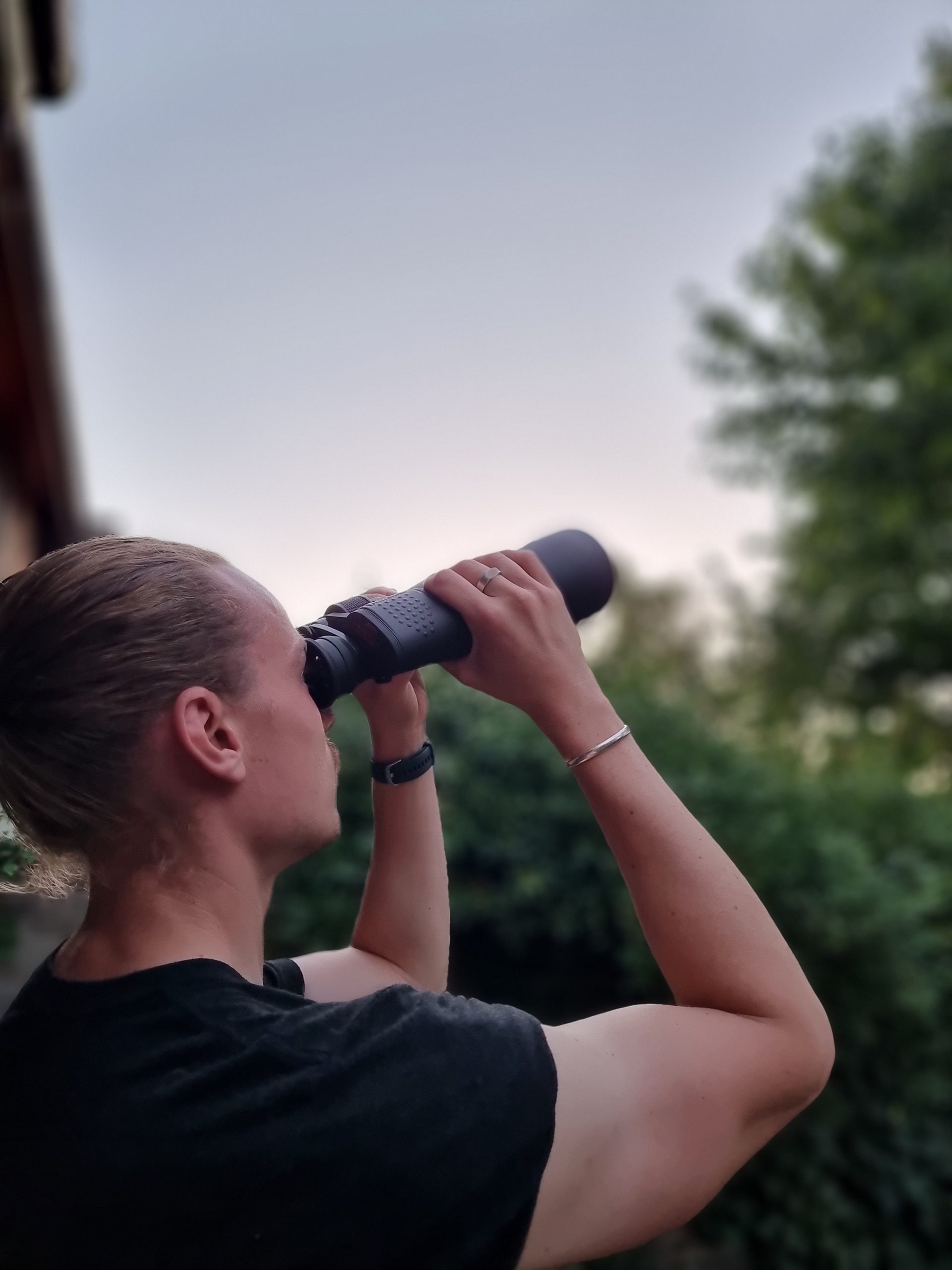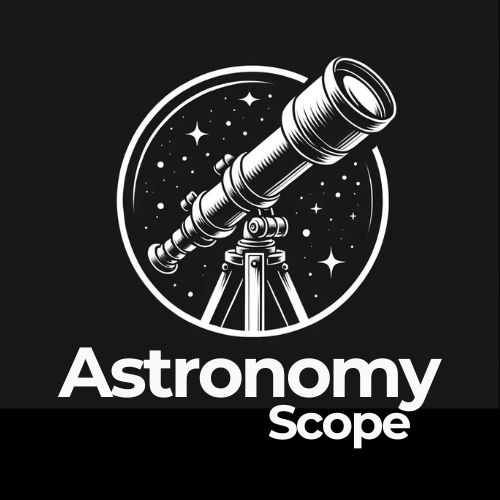The Moon Is Beautiful Isn’t It. What a lovely saying.
If you are here, chances are you’re into your Anime. Perhaps even Manga, specifically.
But what does this saying mean, exactly? Where does it originate?
Today, I’m here to uncover all!
What Does The Moon Is Beautiful Isn’t It Mean?
The The Moon Is Beautiful Isn’t It (tsuki ga kirei desu ne) is a Japanese saying and proverb, typically meaning ‘I Love You’.
At a glance, the phrase, “The moon is beautiful, isn’t it?” is a simple expression of awe for the cosmic entity that adorns our night sky.
Its luminous presence, contrasted against the inky black canvas of space, has been the muse of many poets, artists, and dreamers across centuries.
However, delving deeper into the phrase reveals layers of meaning and cultural implications that go far beyond this surface-level admiration.
In Japanese, the phrase “Tsuki ga Kirei, desu ne?” translates directly to “The moon is beautiful, isn’t it?”
Notably, the acclaimed Japanese novelist Natsume Soseki famously advocated using this phrase as a subtler, more poetic way to say “I love you.”
His philosophy was that the Japanese character leans toward inference and indirectness, therefore, expressing such a profound feeling should be done in a less overt manner, such as comparing the beauty of one’s feelings to the elegance of the moon.
This perspective offers a rich insight into how “The moon is beautiful, isn’t it?” can symbolize the expression of love and deep affection.
Like the moon’s beauty, love is not always loud or flamboyant.
Often, it is a quiet, steadfast force that is most profound in its tranquility, glowing with a warmth that can light up even the darkest nights.
Furthermore, the moon’s beauty has been associated with imperfection and change.
The moon cycles through phases, from full brightness to total darkness and back again, resembling the ebb and flow of life itself.
Its imperfections, marked by craters and dark spots, do not detract from its beauty but add to its charm.
The phrase “The moon is beautiful, isn’t it?” prompts us to embrace imperfections and constant change, not just in ourselves but also in those around us.
In addition, the lunar orb’s silent vigil in the sky serves as a humbling reminder of our place in the universe.
As we marvel, “The moon is beautiful, isn’t it?” we are reminded of our smallness within the cosmos and the shared human experience.
It subtly encourages unity, bridging barriers as people around the world look up to appreciate the same sight, provoking the same sentiment.
How Can You Respond To The Moon Is Beautiful Isn’t It
Responding to the statement, “The moon is beautiful, isn’t it?” might seem straightforward, but as we’ve uncovered, it carries a depth of meaning beyond simple lunar appreciation. The response, therefore, can be as varied and layered as the statement itself.
Affirmation
The most direct and simple response is an agreement. A statement like, “Yes, it truly is,” acknowledges the beauty of the moon and confirms the shared experience of the moment.
In Japanese, this translates to: Hai, hontōni sōdesu
Reflection
Because of the profound layers of meaning behind the phrase, responding with personal introspection can be quite fitting.
A statement like, “It reminds us how we’re a part of something much larger, doesn’t it?” carries the conversation from mere observation to a deeper philosophical discussion.
In Japanese, this translates to: Sore wa, watashitachi ga ikani ōkina mono no ichibudearu ka o omoidasa semasu ne.
Emotion
If the statement is being used in the context of expressing love or affection, mirroring that sentiment could be a thoughtful response.
Saying, “Yes, and so is this moment with you,” could effectively convey reciprocal feelings.
In Japanese, this translates to: Sō, soshite kono shunkan mo anata to onajidesu
Question
Pose a question in response.
This can spark a deeper conversation and show that you’re engaged.
For example, “Yes, it is. Do you think its beauty lies in its constancy or its phases of change?”
In Japanese, this translates to: Hai,-sōdesu. Sono utsukushi-sa wa sono fu hensei ni aru to omoimasu ka, soretomo henka no dankai ni aru to omoimasu ka?
Poetry and Metaphor
Embracing the poetic nature of the statement, you could respond with a metaphor or a poetic phrase, like, “Indeed, it is. A solitary lantern in the night’s grand hall.”
In Japanese, this translates to: Tashika ni sōdesu. Yoru no ōhiroma ni potsunto tomoru tōrō.
Silence
Sometimes, the best response is simply shared silence.
When the moon’s beauty leaves you in awe, words can seem inadequate, and silent mutual appreciation can be the most meaningful reply.
In all, the richness of the phrase, “The moon is beautiful, isn’t it?” calls for a response that not just acknowledges the lunar beauty but also the underlying implications it carries.
So the next time someone shares this phrase with you, remember the profound sentiment behind it and respond in a way that celebrates the shared human experience of appreciating the moon’s mesmerizing beauty.
Where Are You Most Likely To Hear It?
You are most likely to hear the saying, “The moon is beautiful, isn’t it?” in anime.
Typically, in love scenes, or as one character is confessing their love for another. Typically in front of a full moon.
It’s often used when one character is unsure whether the feelings are reciprocated.
In fact, there is an romance anime called Tsuki ga Kirei (literally meaning “The Moon is Beautiful). As you can see, it’s a direct reference to the saying.
Lastly
“The moon is beautiful, isn’t it?” isn’t just an admiration of a natural satellite’s aesthetic appeal.
It is a deep, thought-provoking reflection on love, life’s transience, our acceptance of imperfection, unity, and our place in the grand tapestry of the universe.
So, the next time you find yourself gazing up at the moon’s tranquil glow, remember the layers of meaning embedded in the phrase and perhaps share a quiet moment of contemplation on the profound beauty that surrounds us.

Hey, my name is Jeremy. I’m a passionate and seasoned astronomer who loves nothing more than observing the night sky. I also love researching, learning, and writing all things Space and the Universe. I created Astronomy Scope to share my knowledge, experience, suggestions, and recommendations of what I have learned along the way while helping anyone to get into and maximize their enjoyment of the hobby.

